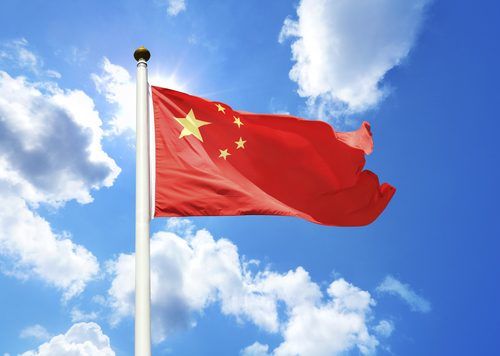August 30, 2016 | Industry Insights
As China Adds U.S. to List of Zika-Infested Countries, Exporters Concerned Over Delays and Added Costs

The Zika virus, primarily transmitted by a yellow fever mosquito, was first discovered in 1947 in the Zika forest in Uganda, but it didn’t make headline news until last year when a mysterious rash-causing illness began spreading across northeastern states in Brazil. Within months there was a sudden surge in microcephaly in infants in Brazil — a congenital disorder in which a baby is born with an underdeveloped brain and abnormally small head. By the end of December, Brazil had reported nearly 3,000 cases of microcephaly, and in early 2016, Puerto Rico reported its first case. Now, the Zika virus has entered the U.S., with the first Zika virus cases being reported in Miami, Florida. As a result, China has now added the U.S. to its list of Zika-infested countries, which is of great concern to our nation’s exporters. American exporters ship about 5.1 million containers, worth about $255 billion a year to China, according to the Agriculture Transportation Coalition (AgTC).
Exporters shipping everything from agricultural products and chemicals to engine parts, says the Wall Street Journal (WS), are worried they will be required to fumigate all containers destined for Chinese ports. The cost to fumigate a container ranges from between $100 and $200. They are also concerned that this will result in delays and the potential for lost business, particularly as there is conflicting information coming out from Chinese custom officials regarding their new requirements.
“We are receiving frequent, though sometimes contradictory, updates from China on fumigation and certification requirements,” said Abigail Stuxness, of the AgTC, which first made the risk to U.S. exporters public. “We are working with steamship lines, fumigators, and others to discuss ways to prevent this requirement from impeding the timely and economical shipment of U.S. agriculture, forest products, resins, and other products shipped by AgTC members to China.”
China since creating the list of Zika-infested countries at the beginning of the year requires that all containers be fumigated either at the country of origin with documentation or upon arrival in China. However, exporters say some Chinese ports may accept the fumigation documents from abroad and others may not. For example, the WSJ cites that exporters from Brazil said they found that this depends on the local customs officers.
U.S. exporters are also concerned that fumigation by the Chinese could damage cargo. For example, one exporter claimed that five of his 13 containers were sprayed with a pesticide that ruined the coffee being shipped. Also, if exporters fumigate in China, there is concern that authorities there won’t treat the boxes in a timely fashion.
Moreover, small and medium exporters say they stand to be hurt the most from any supply-chain disruptions. For example, Scott Harer, CP of Columbia Seeds LLC in speaking with the WSJ, said: “Oregon doesn’t have the Zika problem, but we still have to fumigate and it’s a significant expense.”
Roanoke Insurance Group specializes in providing comprehensive insurance solutions for transportation and logistic providers. As part of our solutions, we offer Marine Cargo coverage to help mitigate the risk of financial loss to your goods within the supply chain. For more information about our transportation insurance products, please contact one of our professionals at 1-800-ROANOKE (800-762-6653).













